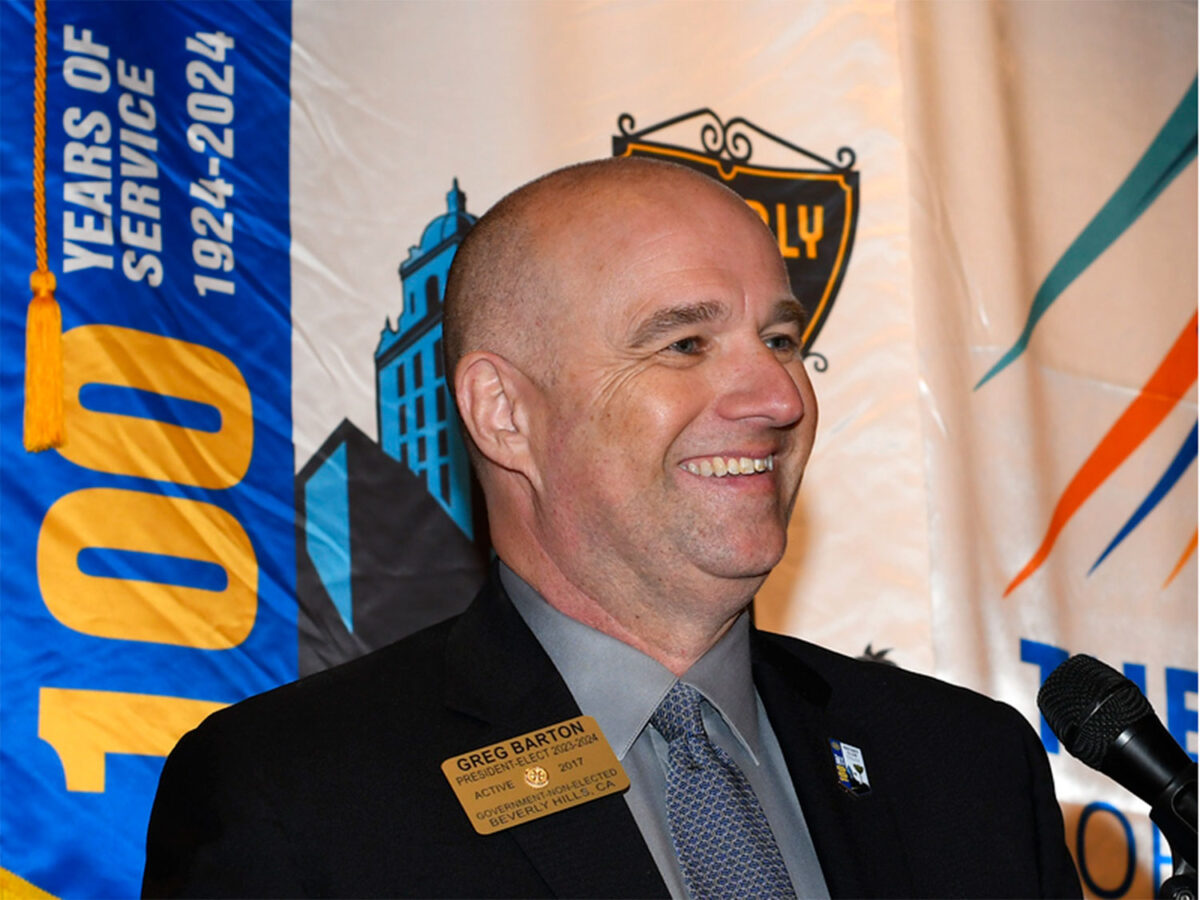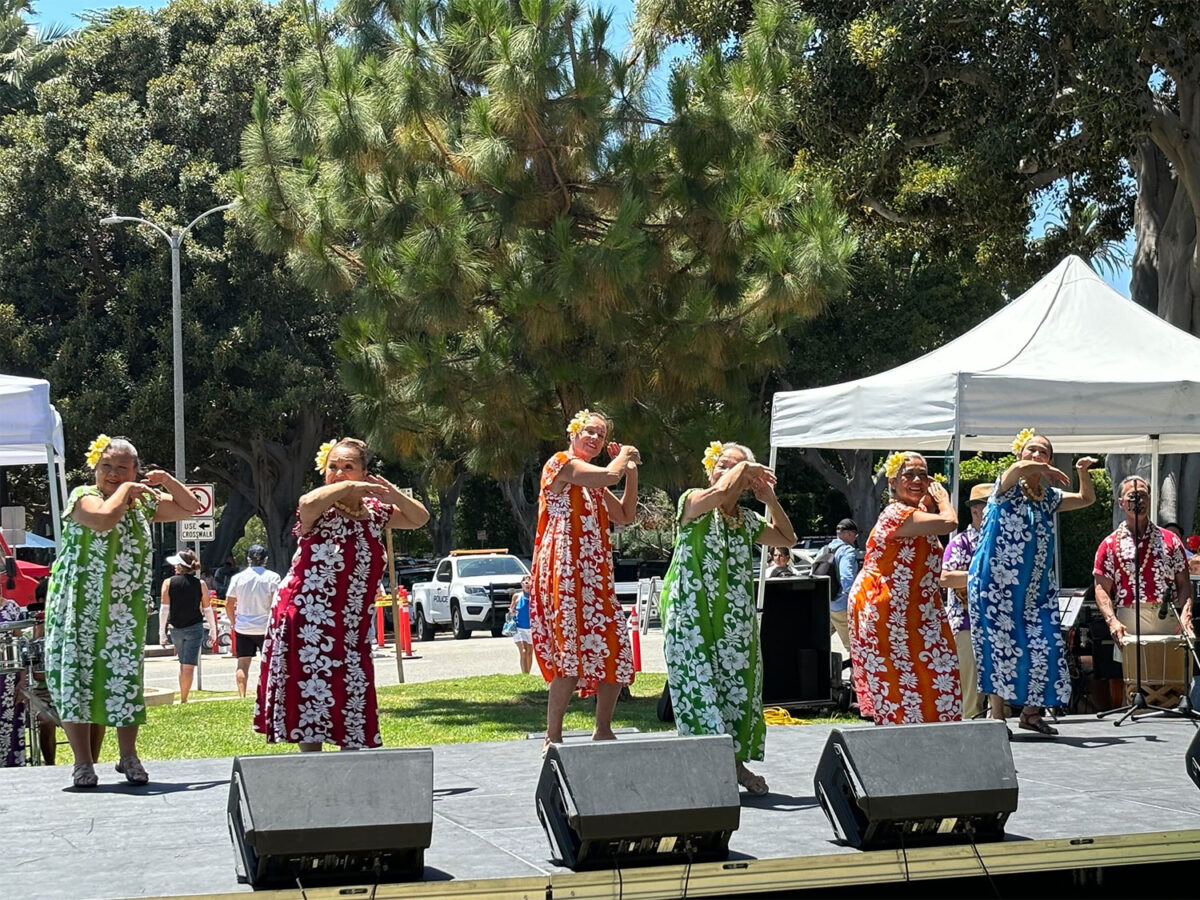With a projected shortfall of up to $10 million though the end of June and a possible $52 million net income deficit for fiscal year 2020/2021, Beverly Hills is facing some tough decisions. The City must have a budget in place by July 1 to continue operations.
“[The COVID-19 pandemic] is going to have a very significant economic impact on the City,” Director of Finance Jeff Muir told the City Council at the April 21 afternoon study session.
“We’re anticipating revenues to drop by 15 to 20 percent by next fiscal year.”
If the Council fails to take action to reduce expenditures, a presentation using “pessimistic assumptions” predicted that the City would need to solve an approximate $104 million gap over the next six years. A more dire projection increased that figure to $125 million.
“This recession is very different from any recession we’ve ever had,” Muir emphasized, referring to the fact that it is related to public health. COVID-19 has infected almost 3 million people worldwide. On April 21, California clocked its highest one-day rise in new cases and there are currently over 17,500 cases in Los Angeles County, including 102 in Beverly Hills.
Muir said he anticipated that the City would begin to slowly reopen starting this summer, with certain businesses and activities coming online once again in late June and early July.
“The source of the economic issues here are strictly attributable to the travel restrictions, temporary business closures, and other social distancing requirements to ‘bend the curve’ of COVID-19. At some point, these restrictions will begin to be lifted and the economy will begin to function again. What we don’t know is when and what the recovery period will be, and what the permanent changes might be as a result of this,” stated the City staff report presented to Council on April 21.
Given the significant impacts to three of the four major tax revenue steams infusing Beverly Hills’ General Fund, namely Transit Occupancy Tax (TOT), business taxes and sales taxes, Muir said it would take years for the City to return to the healthy fiscal state it was in before the pandemic hit. Also concerning is the fact that the travel industry will take some time to really rebound and the brunt of the sales tax loss will not even be seen until next year. Other funding sources taking a hit are related to a diminishment of licenses, permits and charges for various services, in addition to a decrease in parking and moving violations.
“With significant impacts to TOT, business taxes and sales taxes, we’re going to see some ugly numbers,” Muir cautioned. “We’re living in unprecedented times with a lot of uncertainty still remaining.”
In order to begin to address the anticipated budget shortfalls, the Council agreed to implement multiple short-term options recommended by an Ad-Hoc Committee which had spent the previous weeks evaluating perceived fiscal impacts in order to develop and provide recommendations for City Council consideration.
“It’s undeniable that there’s going to be significant hits to our revenue,” said Vice Mayor Bob Wunderlich, who together with Mayor Lester Friedman worked with staff as part of the City’s ad-hoc. “We will be able to get through this and keep what are the essential services.”
Such short-term options include: reducing existing General Fund financed Capital Improvement Projects (CIP); eliminating vehicle/equipment/facility replacement charges and replacements for one year; institute ongoing reductions to departmental operating and maintenance accounts; maintain all existing vacancies unfilled other than the most critical and keep most future vacancies unfilled; seek voluntary workforce reduction through retirement/separation incentive for certain positions; and reduce or eliminate some future CIP transfers. Perhaps the most costly CIP on the horizon set to be delayed will be the plan to renovate La Cienega Park, which was estimated to cost more than $125 million.
City Manager George Chavez said that there would be funds available to refresh the existing community center at La Cienega Park.”The community should feel no significant impacts,” he said.
While no decision was made with respect to the longer-term options discussed, the Council is expected to further explore those and other options at the upcoming budget study session scheduled for May 5. “As the City was two-thirds of the way through the fiscal year before the COVID-19 crisis hit, any shortfall this year can be addressed by some of the one-time measures listed previously. The more significant reductions will need to take place during the upcoming Fiscal Year 2020/21,” the staff report states.
Such longer-term options include: requiring reductions to overtime costs, which are approximately $12 million; voluntary or involuntary reductions to personnel costs; reductions to City-sponsored events; and use of City reserves.
Councilman John Mirisch stressed the urgency of releasing the specifics about what the City decides to the public as soon as possible, in addition to making sure that the Council is receiving “constant updates” about the City’s financial situation.
“Yes, we can and should use our reserves,” Mirisch said. “We should also create policies to make sure those reserves are quickly built up to these levels.” The City’s most recent audited financial statement, as of June 30, 2019, stated that its General Fund reserves were $203.8 million.







